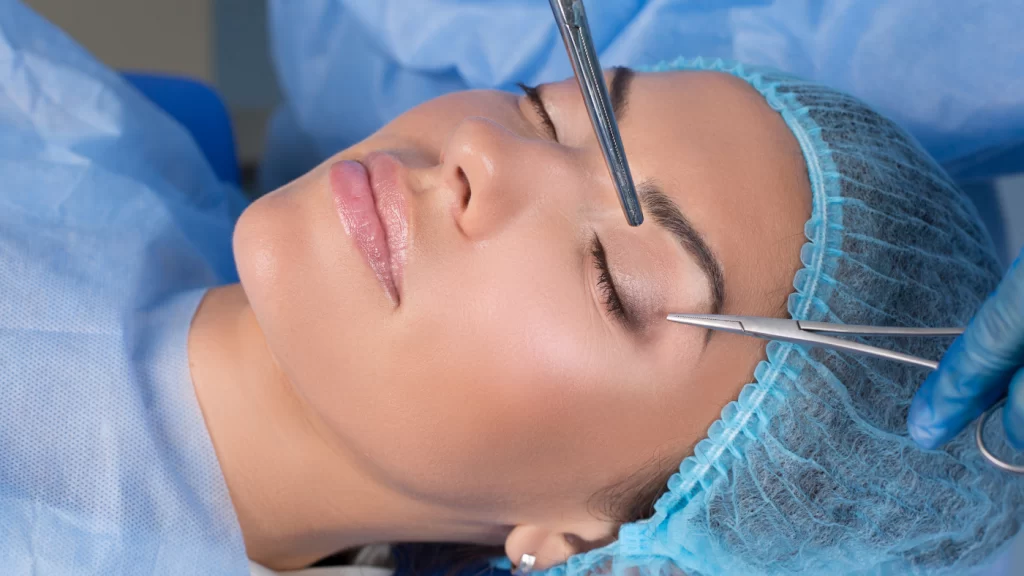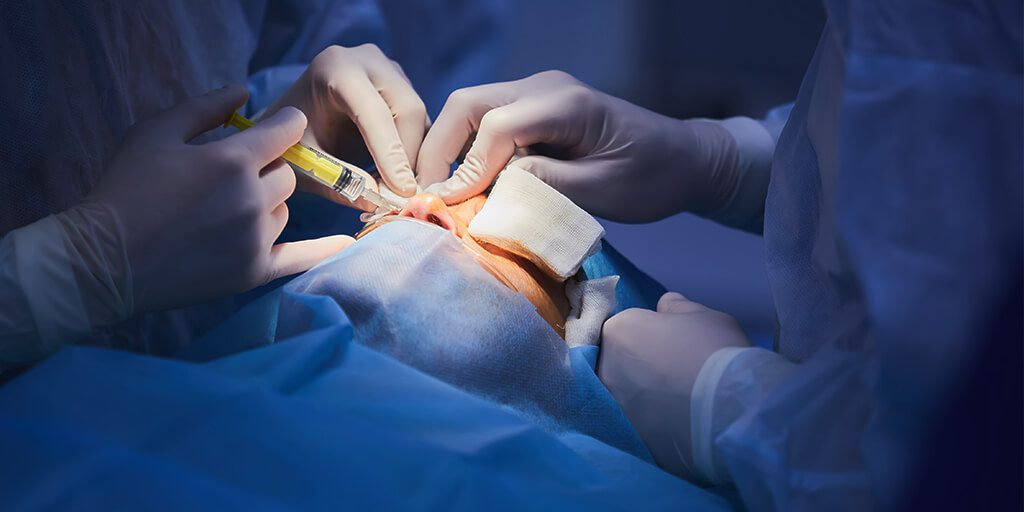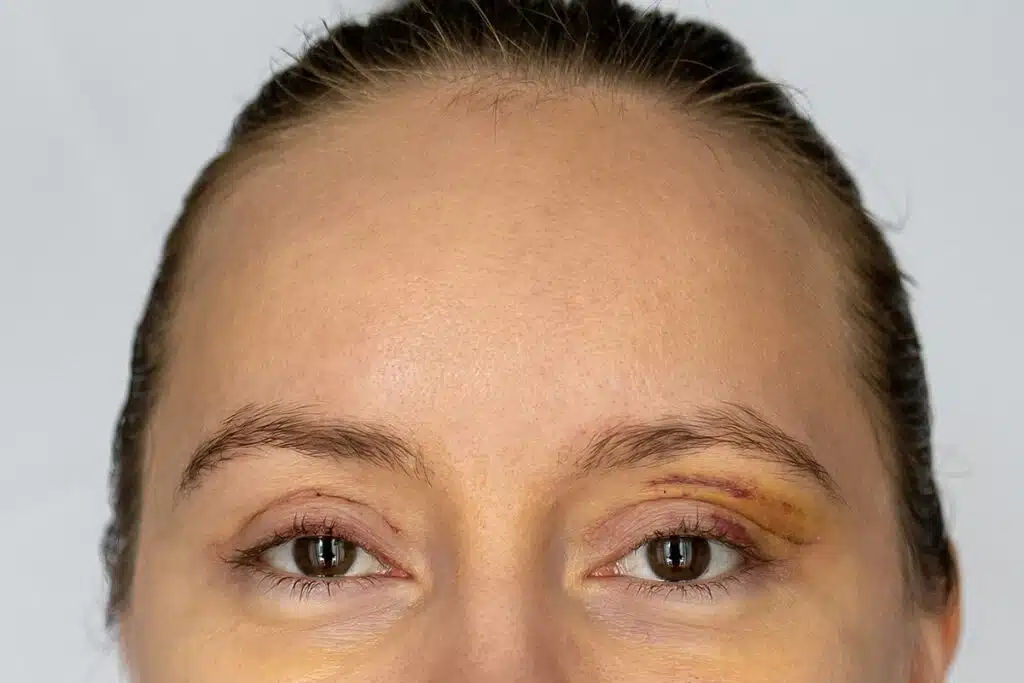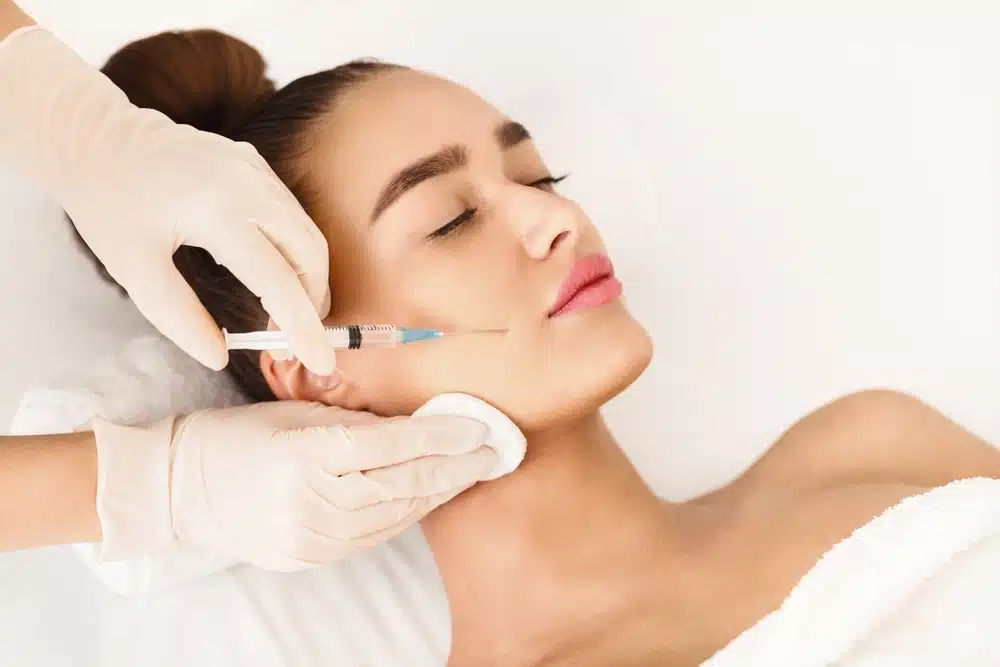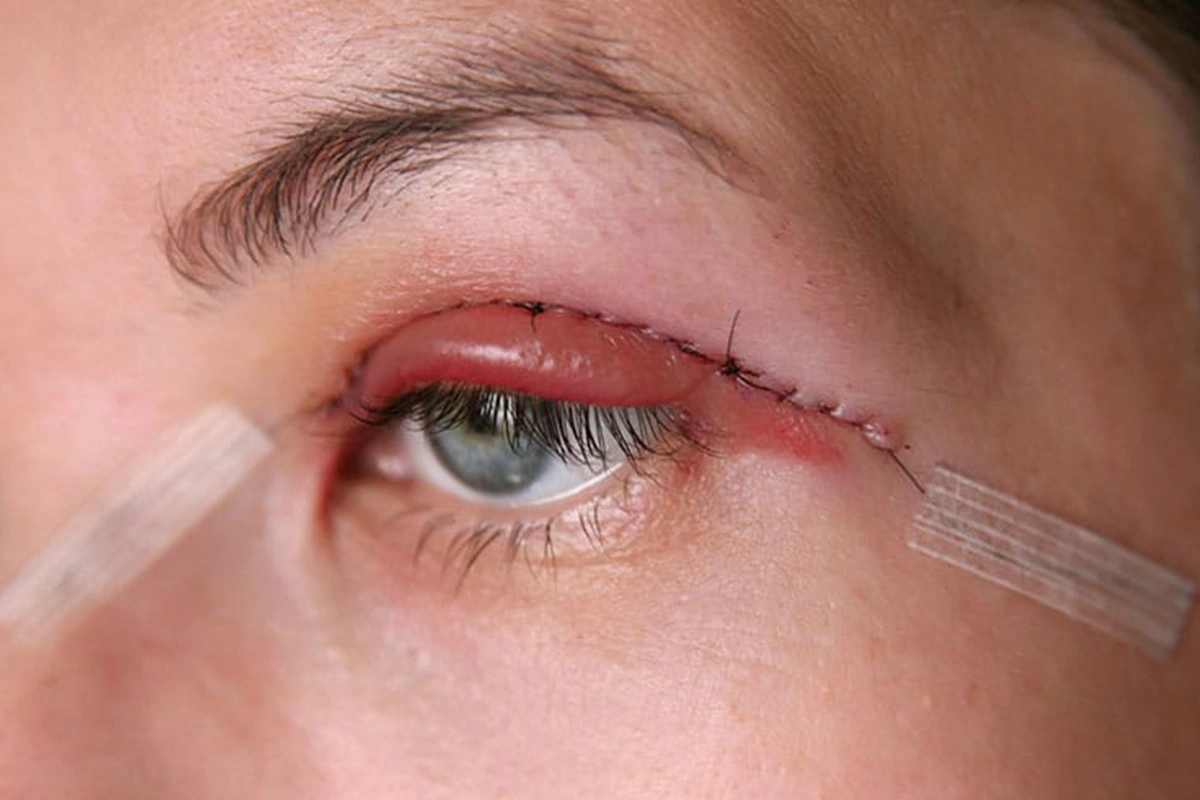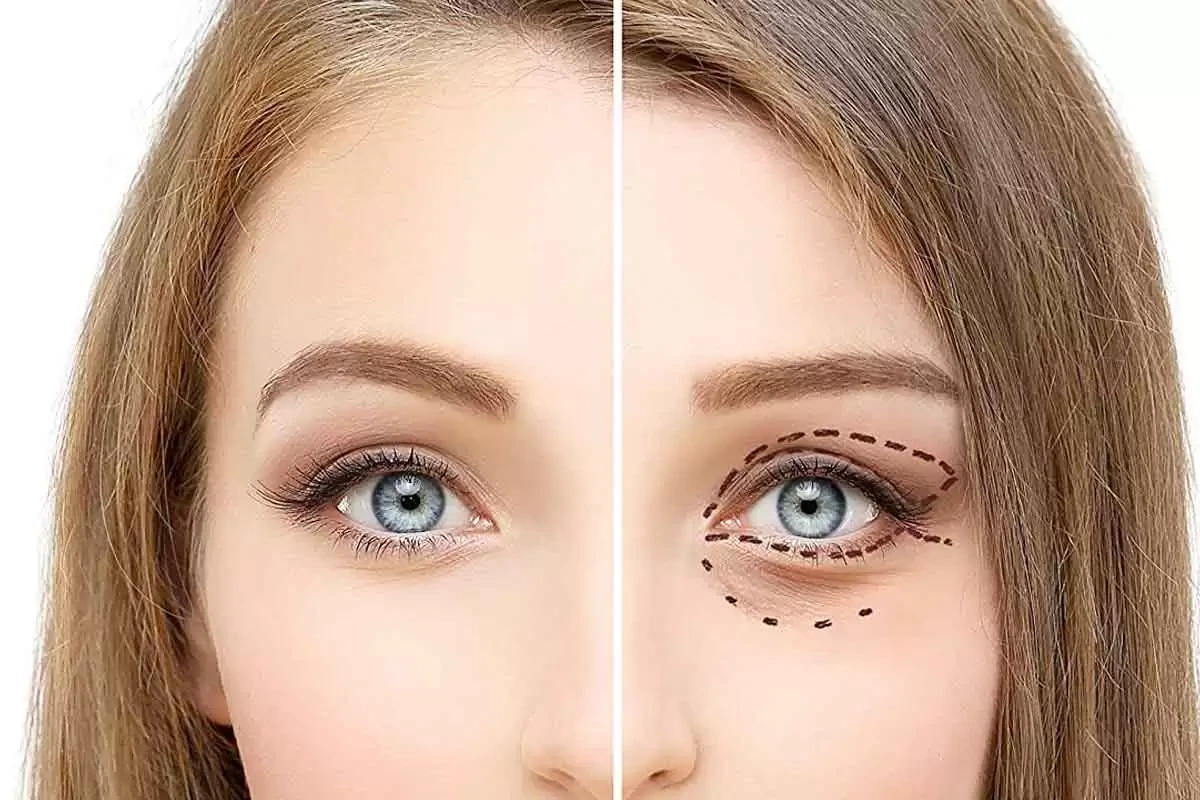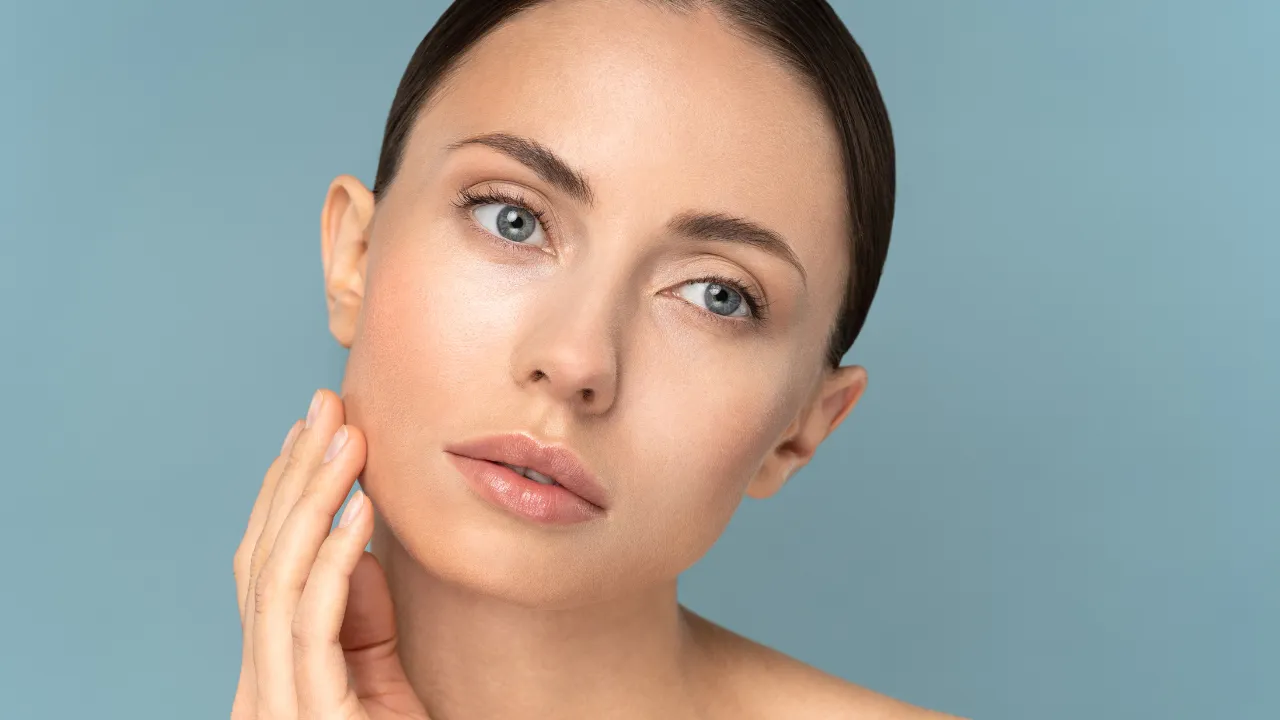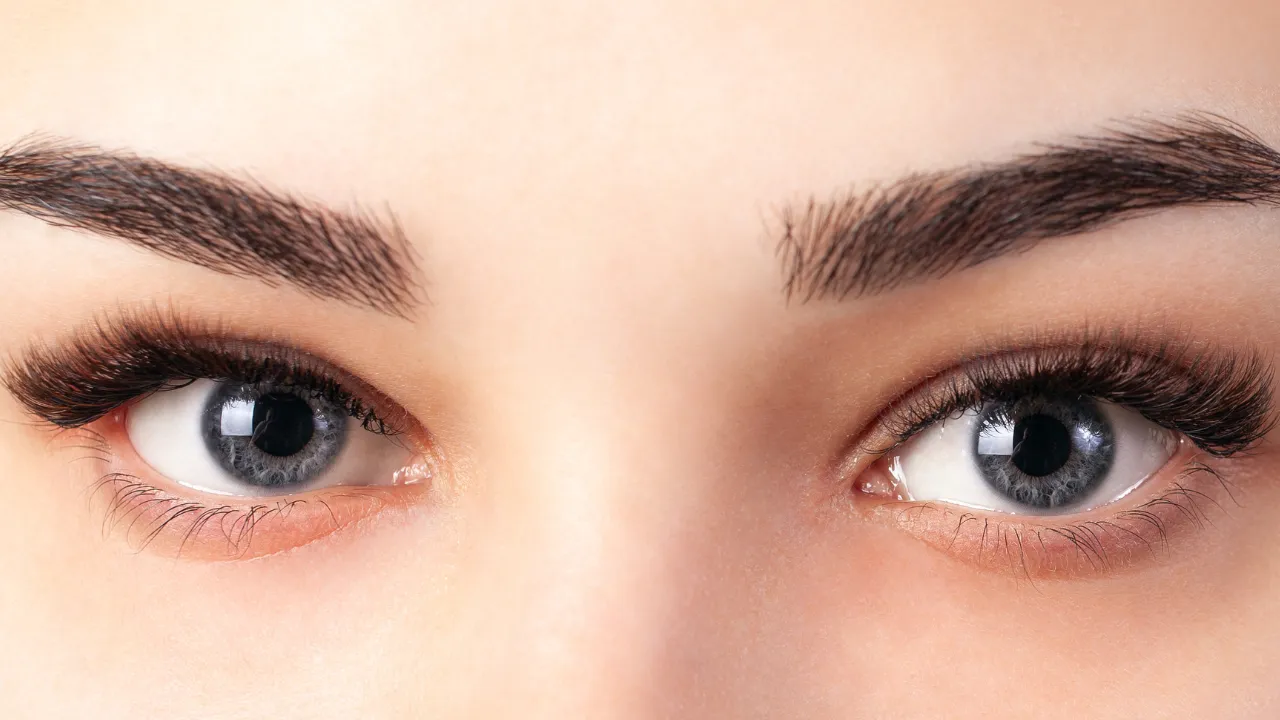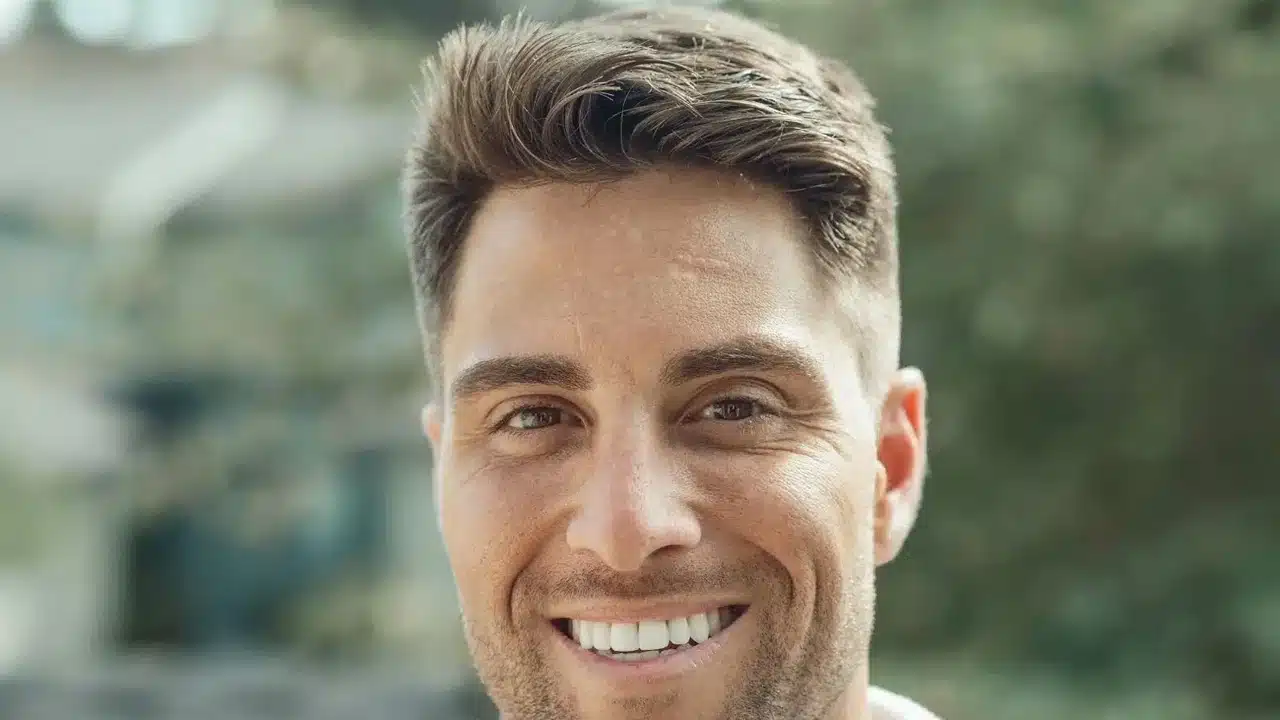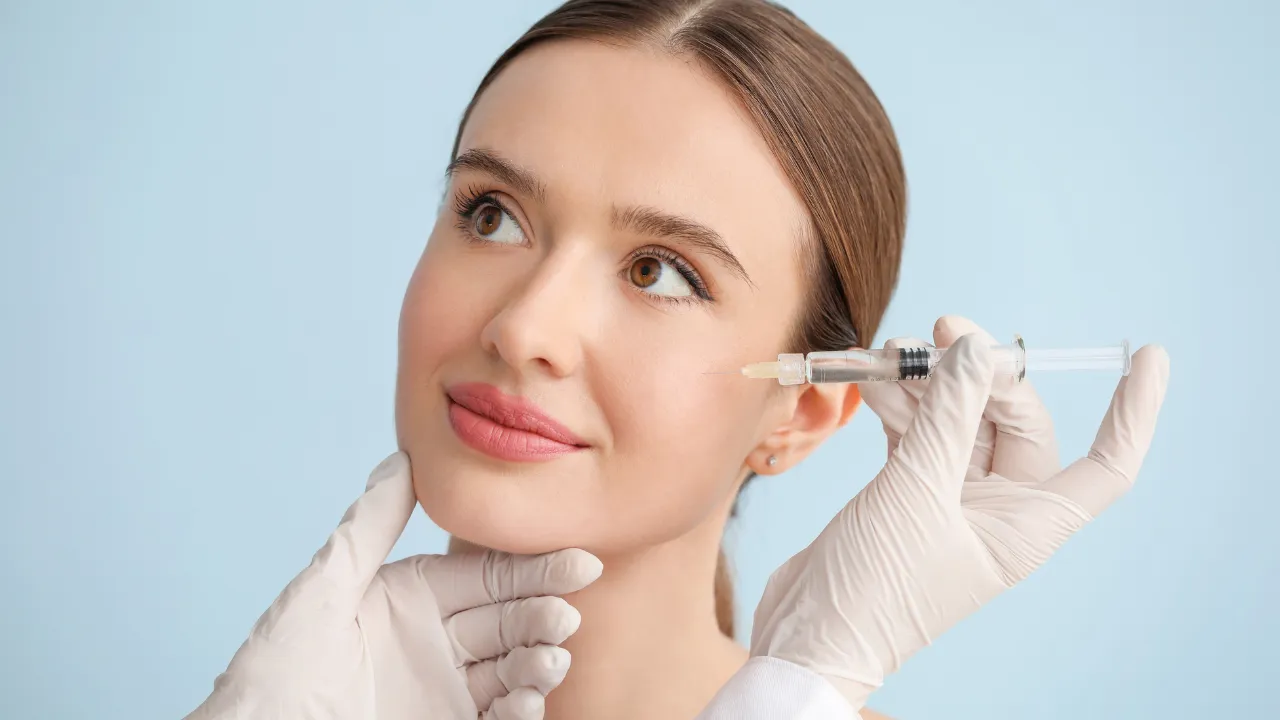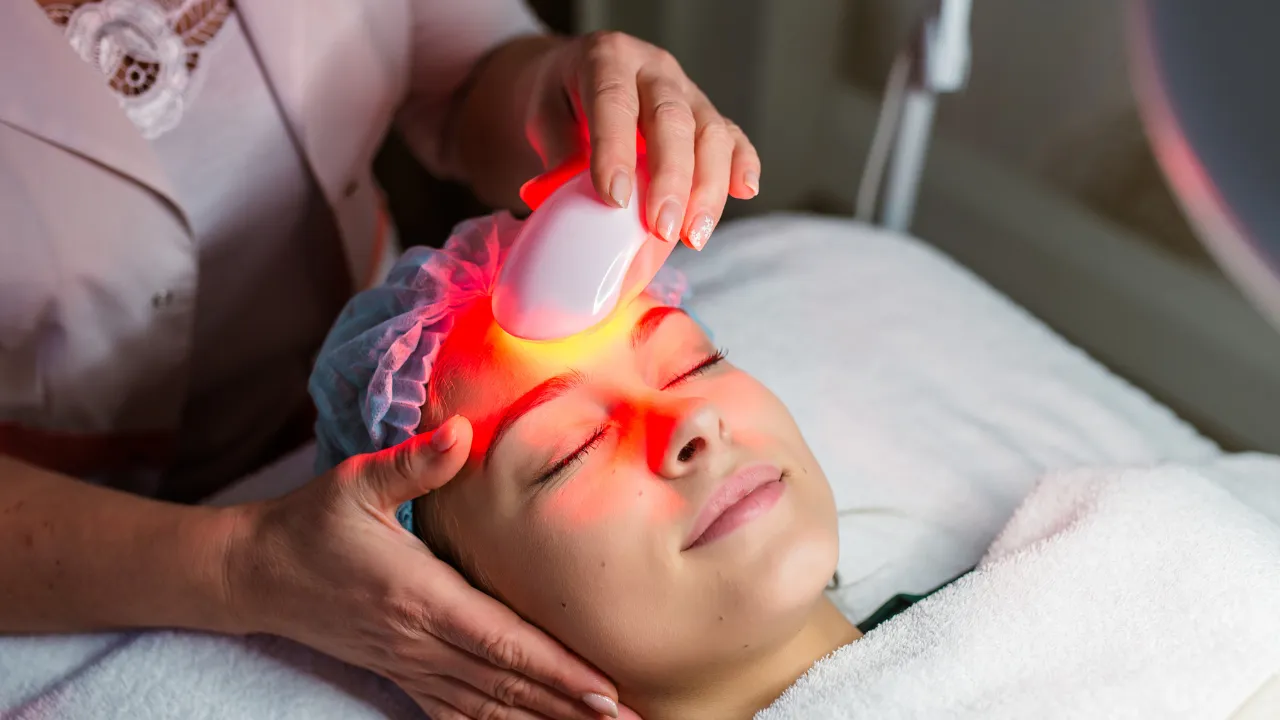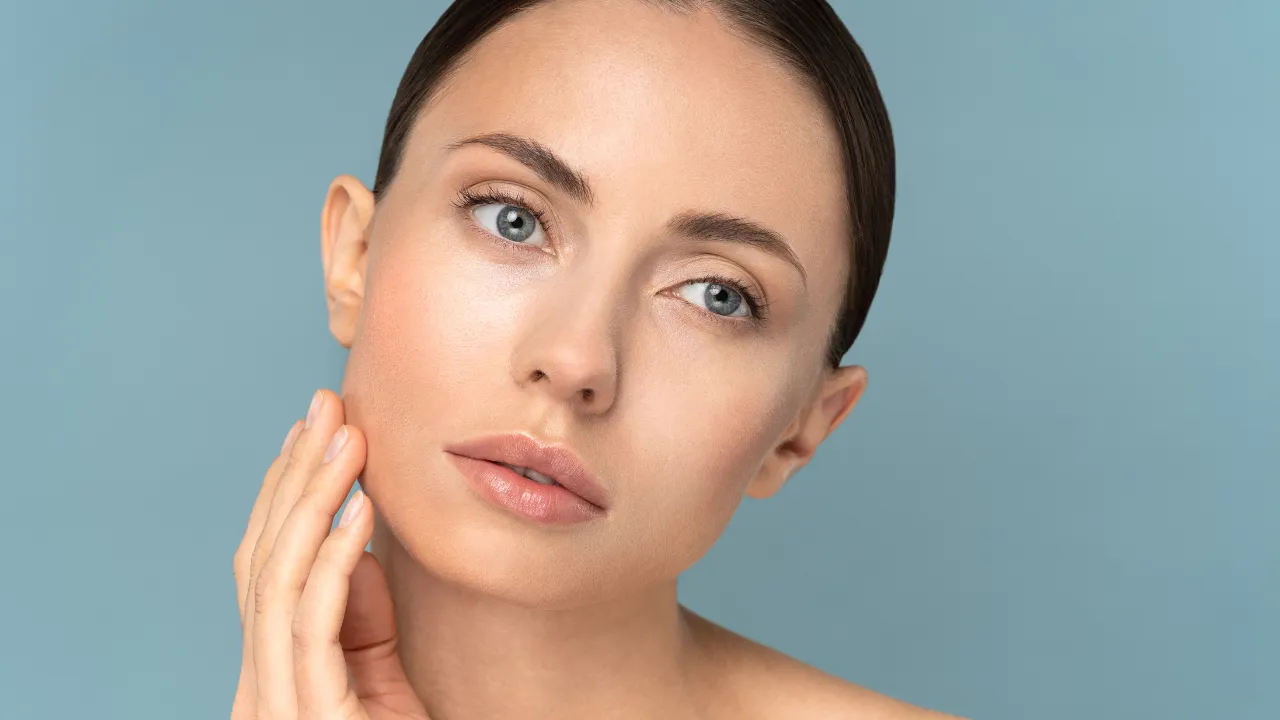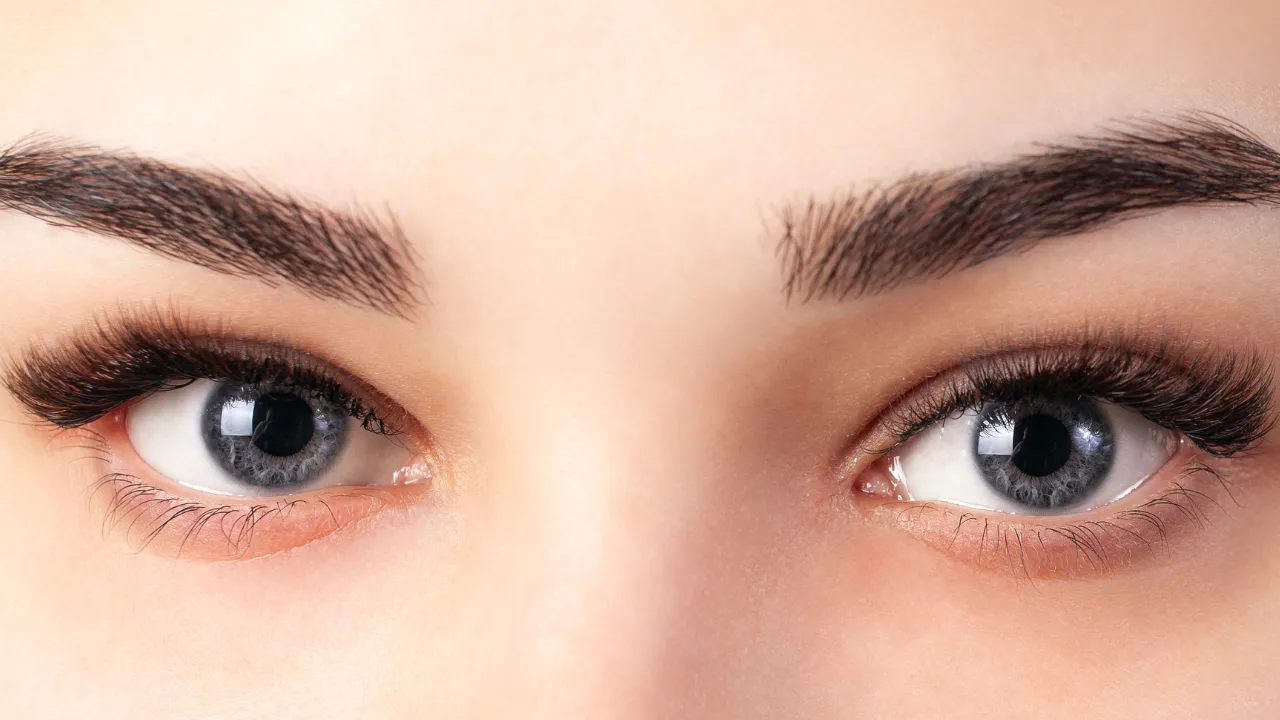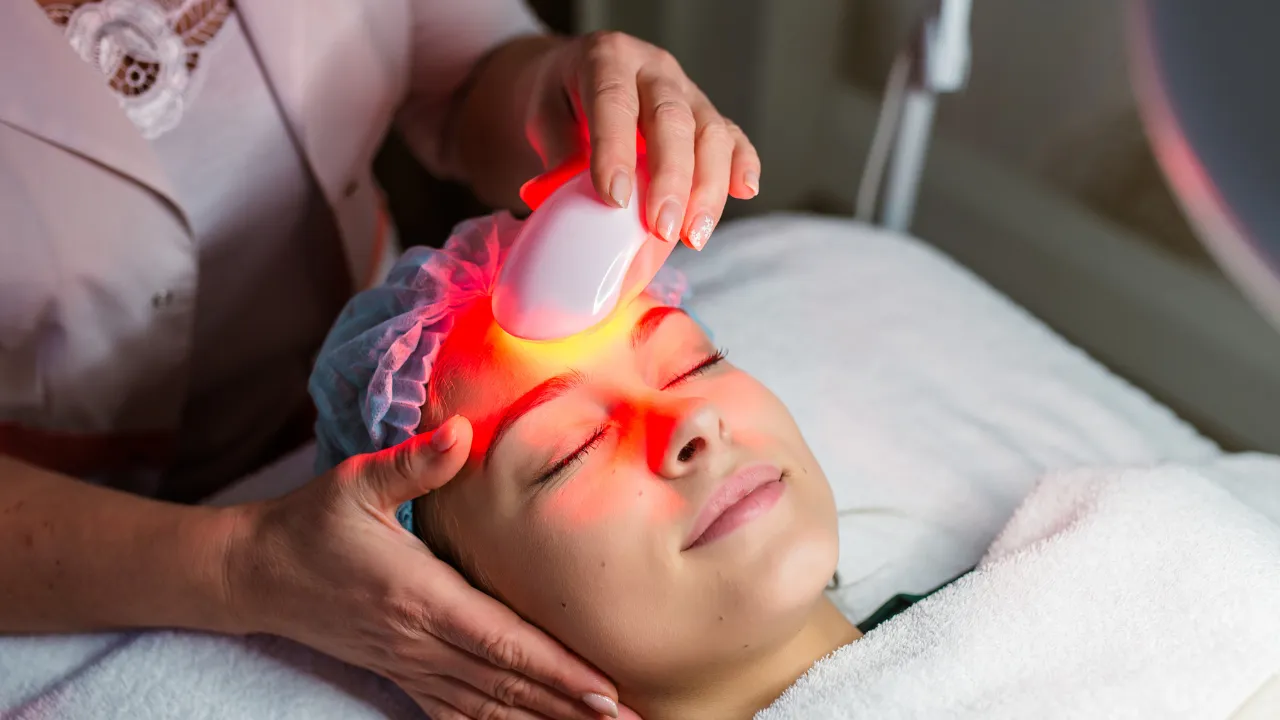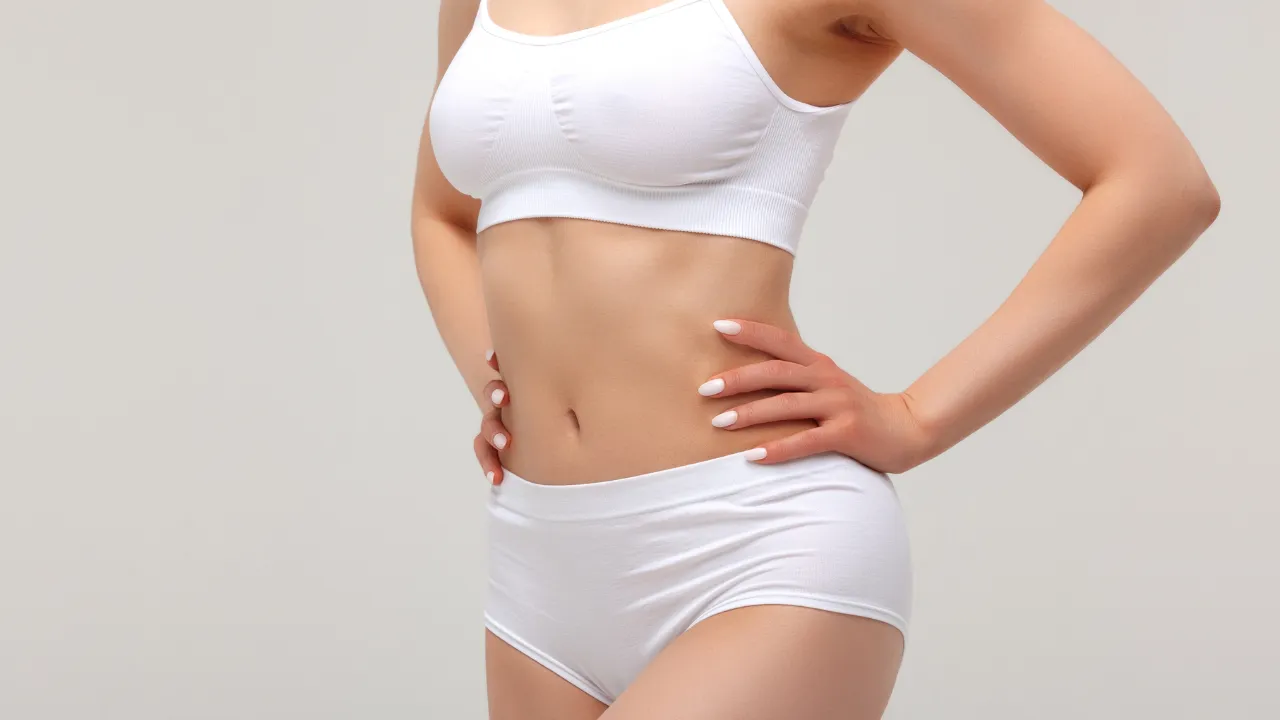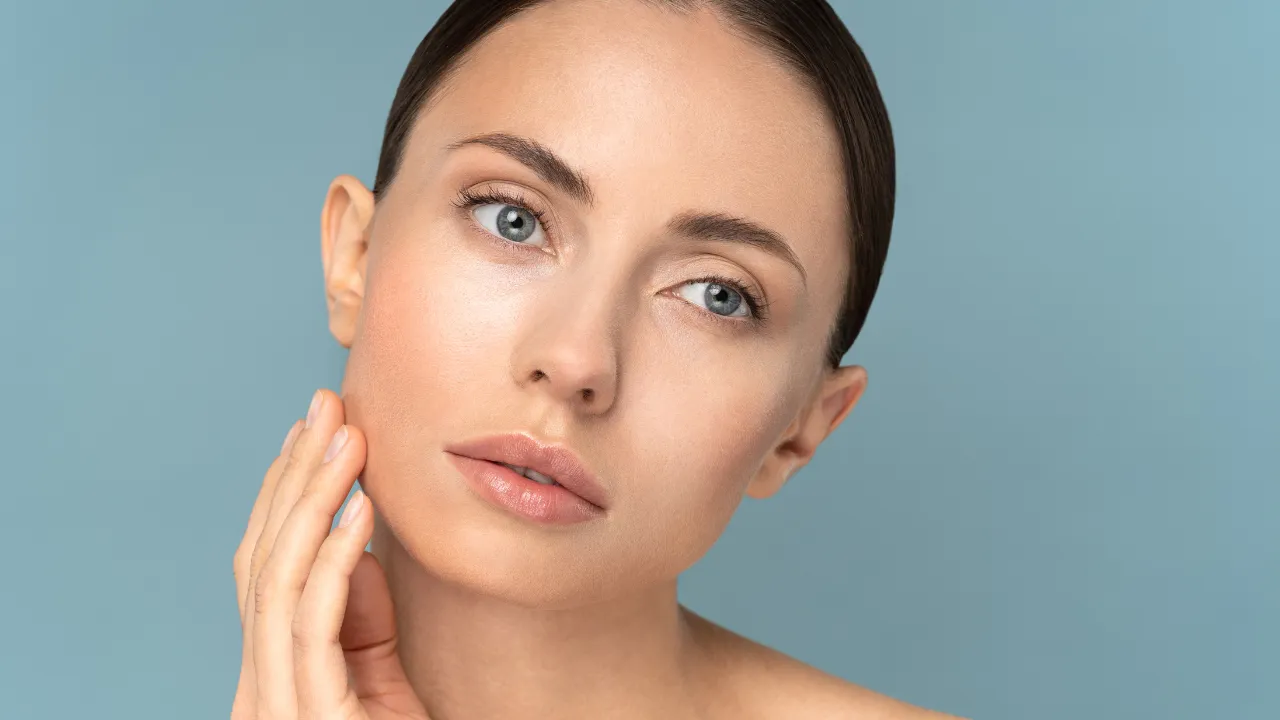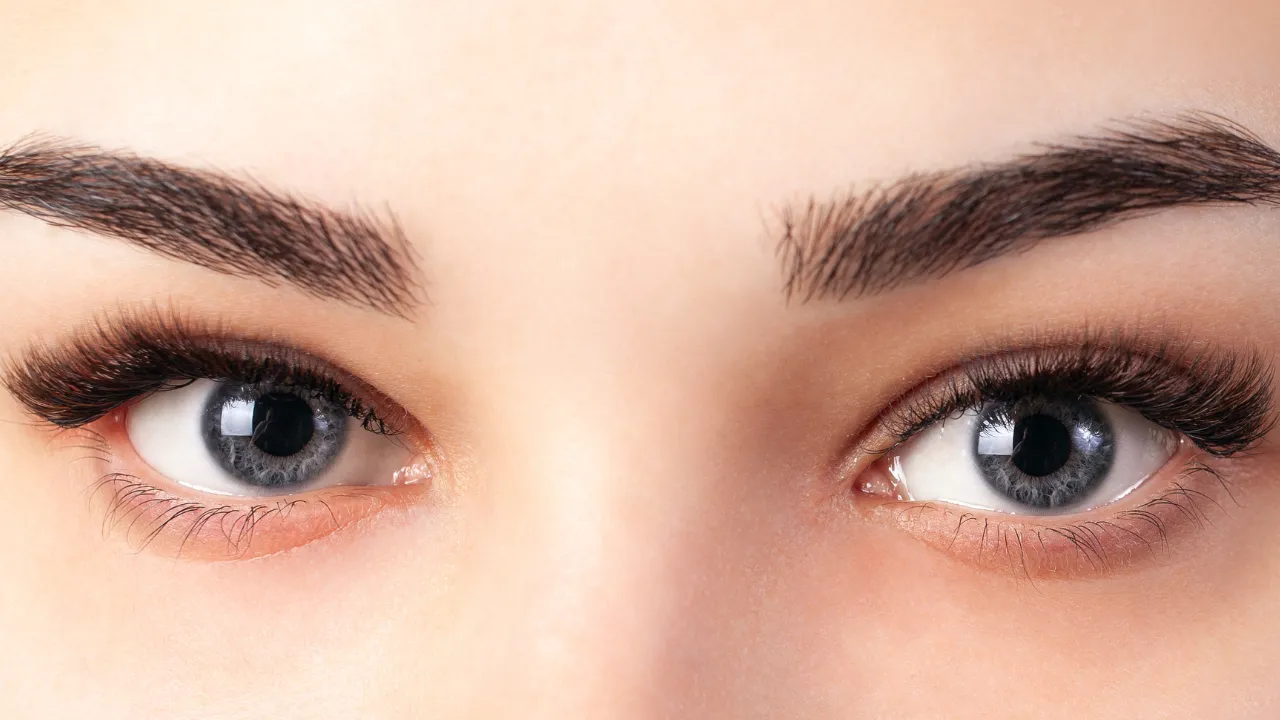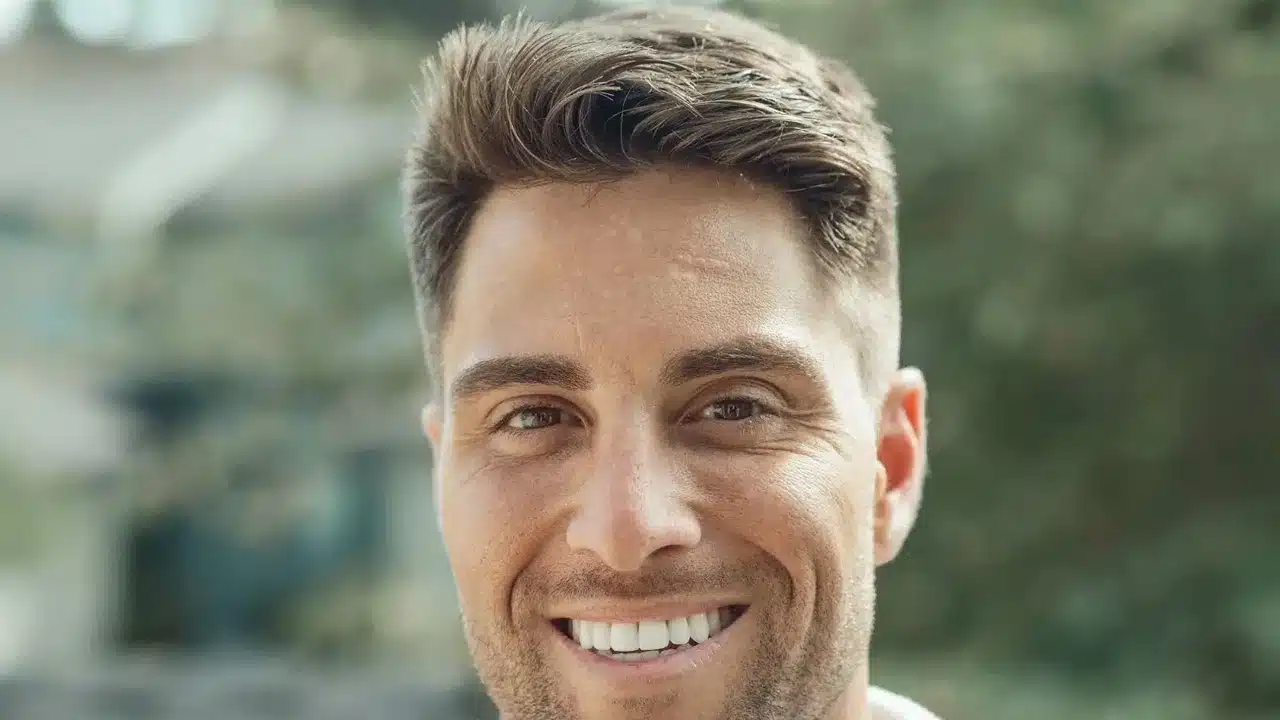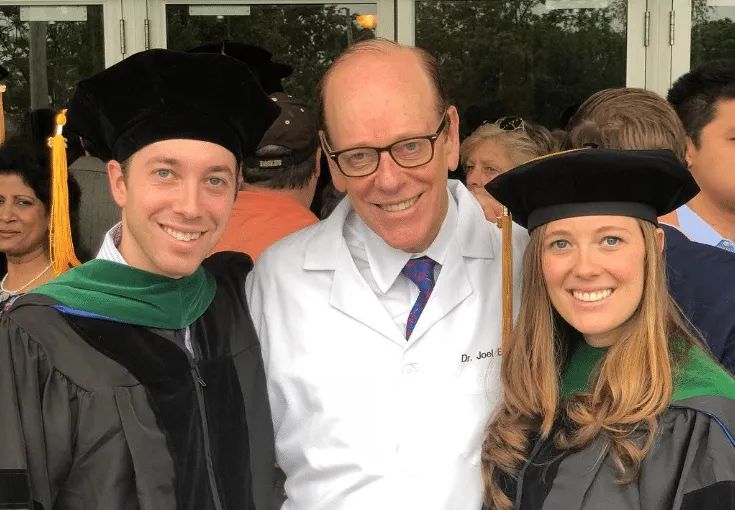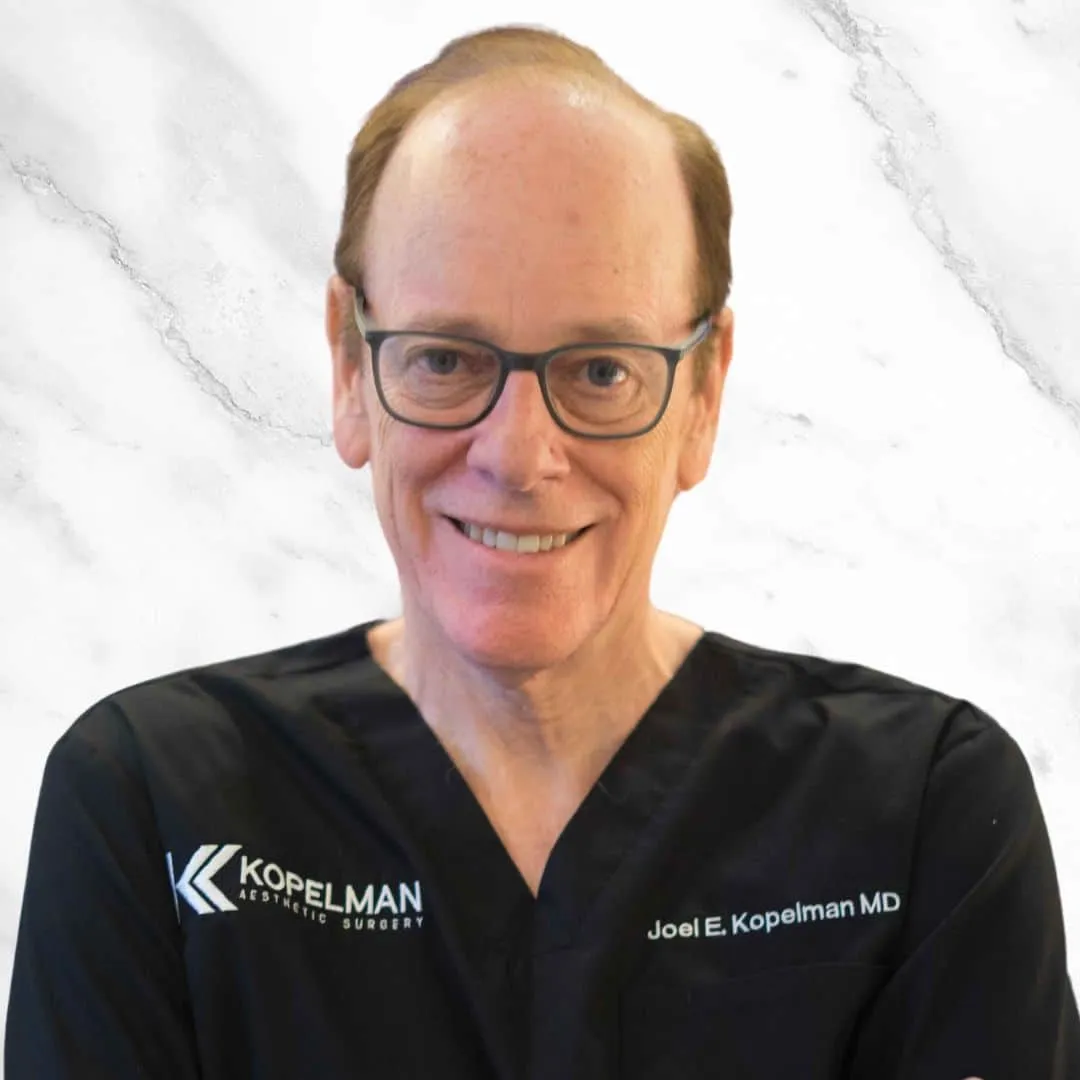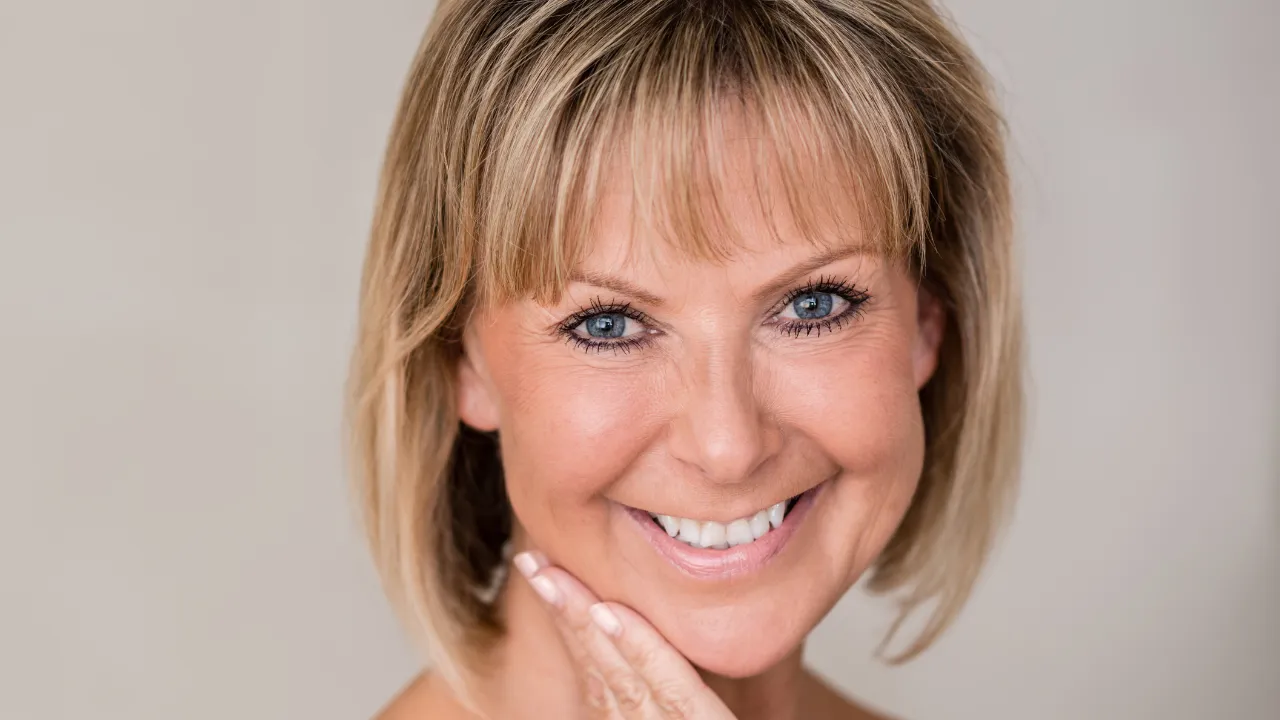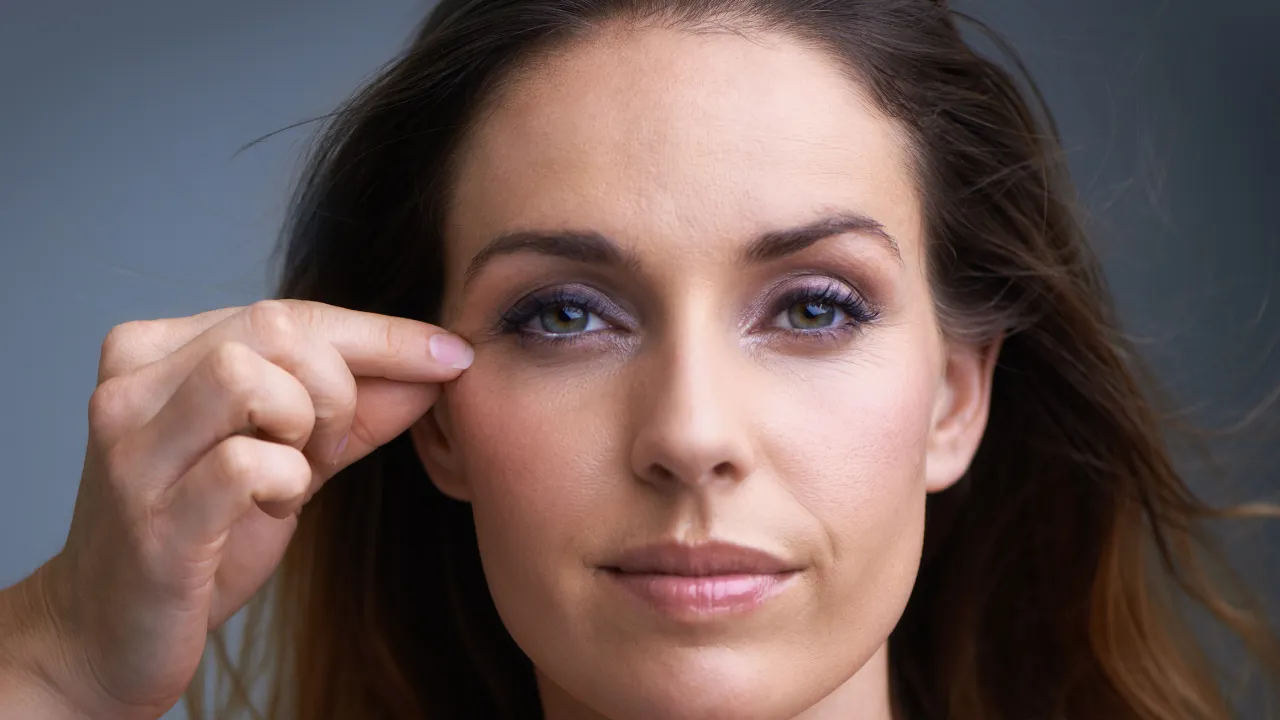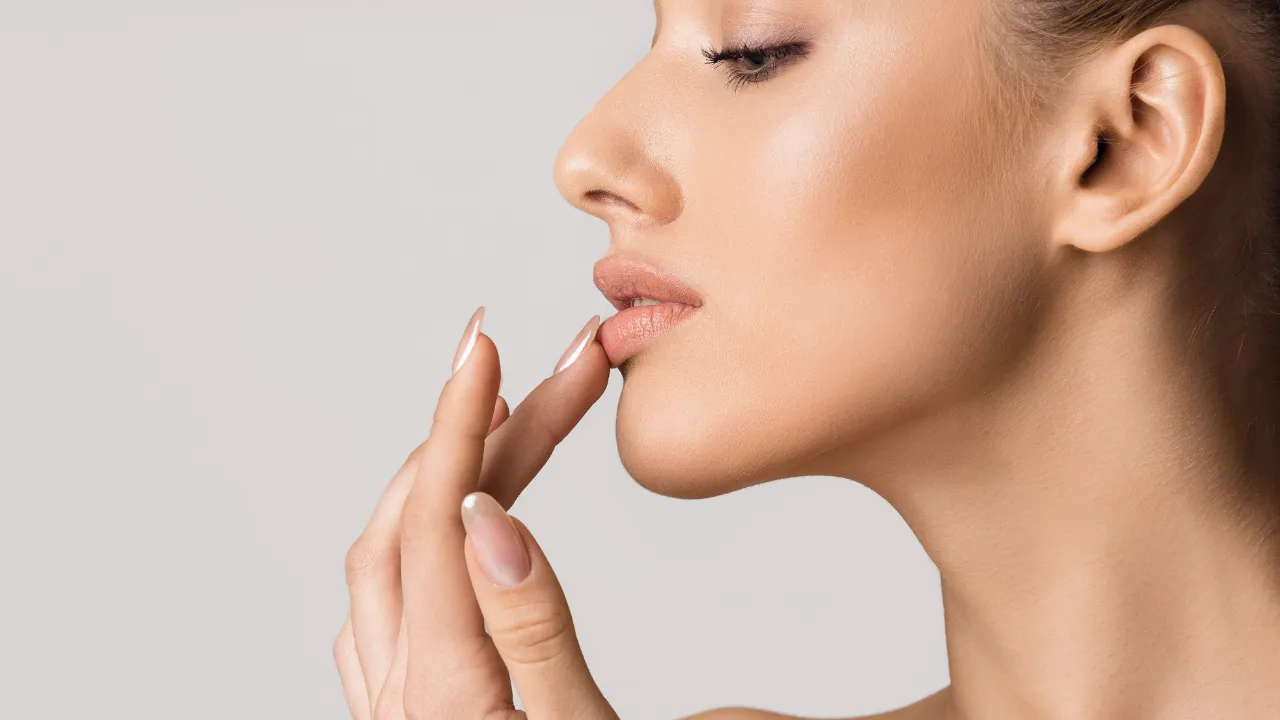At Kopelman Aesthetic Surgery in New York City, Dr. Joel Kopelman offers procedures that restore a youthful look to the eyes. One option is upper eyelid fat transfer, which uses your own tissue to correct hollowing and volume loss in the upper eyelid. This treatment also helps soften areas around the eyes that can contribute to dark circles.
Dr. Kopelman has more than 35 years of experience in plastic surgery and is recognized among leading plastic surgeons for natural results. Patients often choose this approach as a safe and lasting alternative to fillers, supported by his expertise in facial procedures.
Key Takeaways
- Upper eyelid fat transfer restores volume and reduces hollowing, improving both the eyelid and tear troughs.
- The procedure uses harvested fat, which is purified and placed as injected fat into the eyelids.
- Many fat cells survive, offering long-lasting results compared to temporary options like a filler injection.
- Recovery is short, with mild bruising and swelling, and results are visible within weeks.
- At Kopelman Aesthetic Surgery, patients benefit from an expert in plastic surgery.
Table of Contents
ToggleWhat Is Fat Transfer to Upper Eyelids?
Fat transfer to the upper eyelids restores volume loss by using your own fat. Small amounts of facial fat are removed from another body area, processed, and then placed in the eyelids to reduce hollowing and improve contour. This form of upper eye fat grafting can also smooth the transition to the tear troughs.
Can You Transfer Fat to the Upper Eyelid?
Yes, this method is safe when performed by an experienced surgeon. Since the fat comes from your body, reaction risks are minimal, and results look natural.
Upper Eyelid Fat Grafting vs. Fillers
Filler fat can temporarily improve hollowness, but a filler injection usually lasts for several months. Fat grafting upper eyelid procedures provide more stable, long-lasting results; they allow the tissue to integrate naturally and maintain fullness over time.
How Does It Compare to Eyelid Surgery Alone?
Blepharoplasty removes excess skin or fat, while fat transfer restores fullness. Combining both can create a smoother upper eyelid contour.
Procedure Overview
Donor Sites for Fat Transfer
Fat is typically harvested from areas like the abdomen, thighs, or flanks. Using your own tissue supports safety and helps the injected fat integrate naturally.
Harvesting and Processing Fat
Fat is removed gently, then purified to ensure only healthy cells remain. Some studies suggest purified fat contains stem cells, which may further support healing.
Injection Technique and Safety
The refined fat is carefully injected into the eyelids in small amounts. Dr. Kopelman avoids overfilling to maintain symmetry and natural results.
Recovery and Aftercare
Recovery is short, with mild bruising and swelling. Most patients return to normal activities within a week.
Results and Longevity
How Long Does Upper Eyelid Fat Grafting Last?
Many patients see results lasting for years. Although some fat is absorbed, the remaining fat provides stable improvements and softens dark circles.
Clinical Outcomes
Studies show that 60 to 70 percent of the fat cells survive long-term. This explains why results from fat transfer upper eyelid treatments can outlast fillers and provide natural integration.
Before and After
Patients notice smoother, more youthful eyelids. Improvements are often most visible between the upper eyelid and tear troughs.
Cost, Risks, and Safety
The cost of upper eyelid fat transfer in New York typically ranges between $6,500 and $10,000. Prices vary based on the complexity of the procedure and whether it is performed alone or combined with other treatments, such as blepharoplasty.
Benefits of Fat Transfer
Upper eyelid fat transfer integrates with tissues for a natural look. Unlike fillers, fat grafting offers long-lasting results, making it cost-effective.
Patients not ready for surgery may still choose a filler injection, while others may prefer a traditional eyelid lift. Fat transfer also complements other plastic surgery procedures for comprehensive rejuvenation, and it remains one of the most refined techniques offered by experienced plastic surgeons.
If you are considering upper eyelid fat transfer, schedule a consultation with Dr. Kopelman. He will review your goals, explain the procedure, and recommend the best treatment plan. Contact Kopelman Aesthetic Surgery to take the next step toward natural, long-lasting results.

